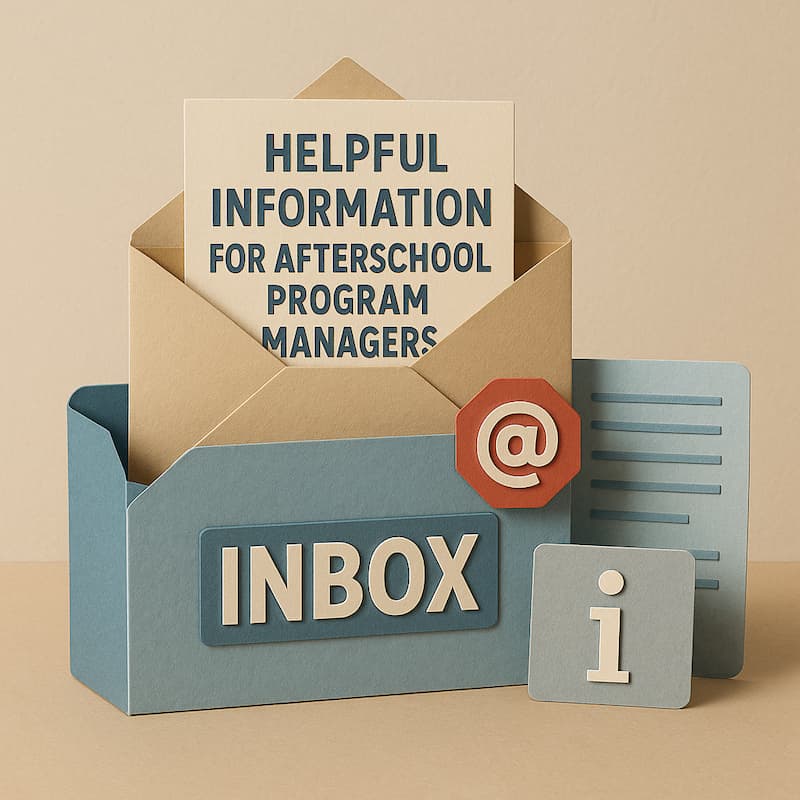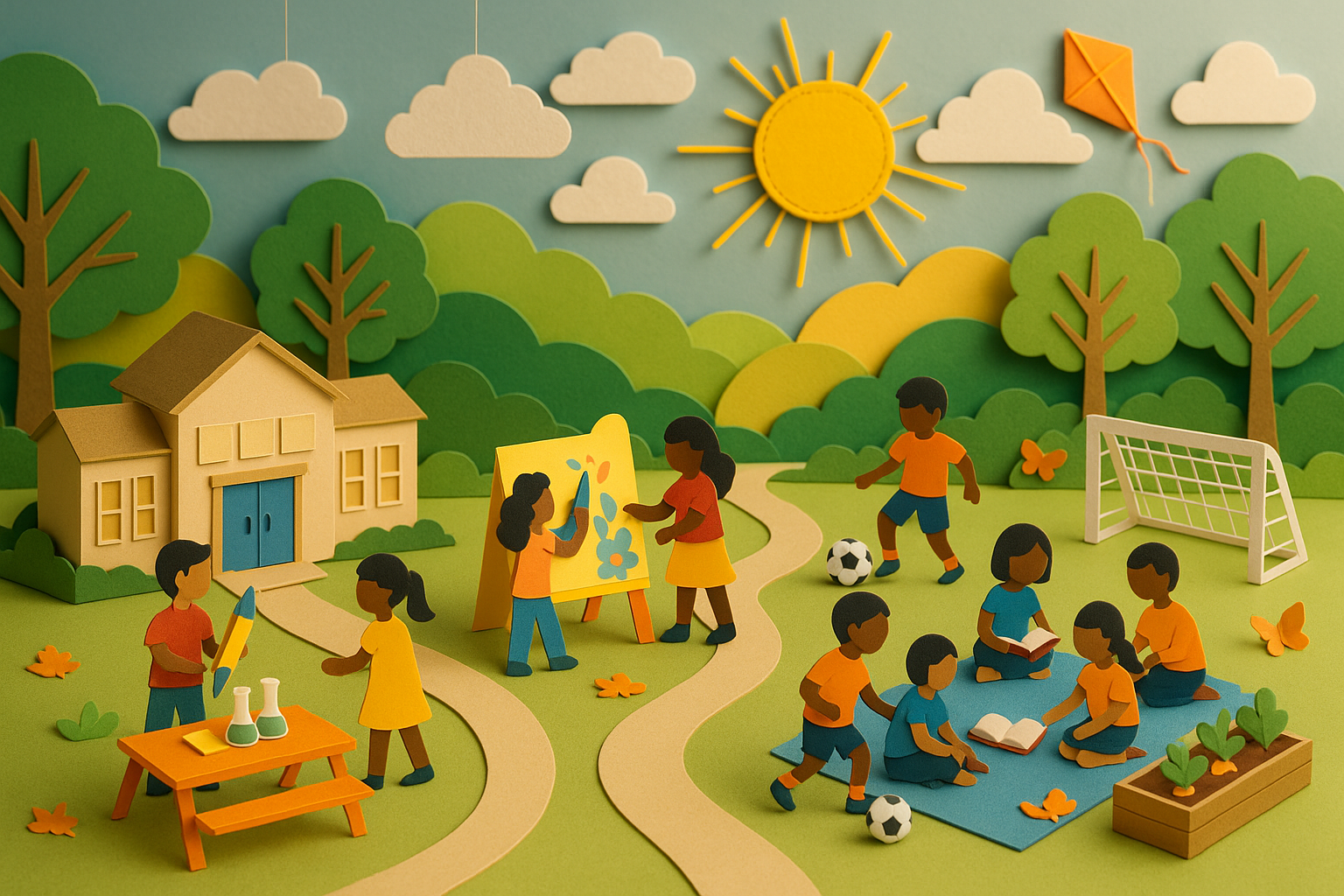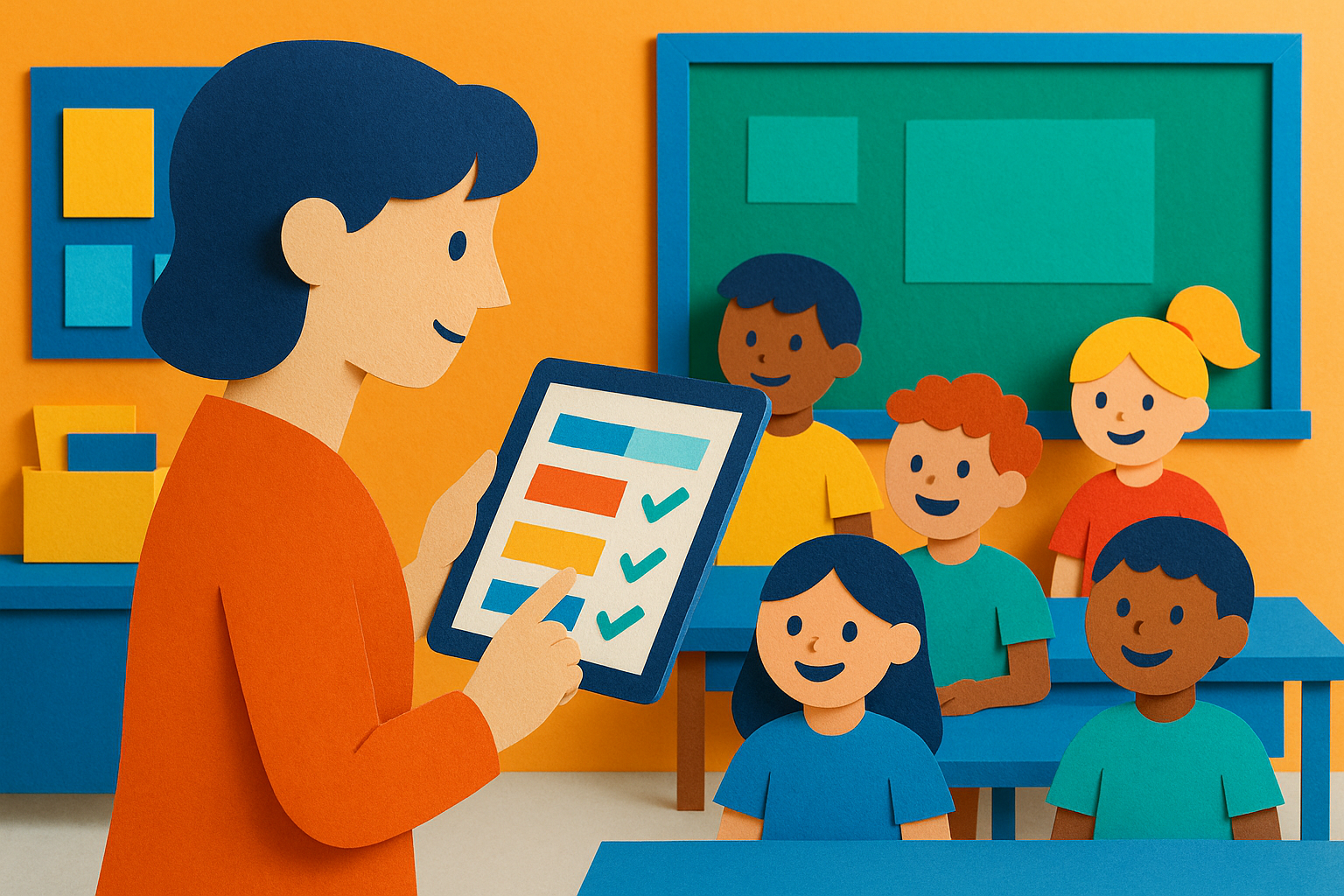In the 21st century, students need more than just academic knowledge to succeed. They need the ability to navigate challenges, build strong relationships, and make responsible decisions to enhance their well-being. Social-emotional learning (SEL) provides a framework for developing these essential life skills. By cultivating self-awareness, self-control, and empathy, SEL empowers students to thrive both in and out of the classroom. Research consistently shows a link between strong social-emotional skills and improved academic performance, better mental health, and greater success in careers and personal life.
How SEL Improves Academic Achievement
While the benefits of SEL extend beyond academics, the impact on student achievement is significant. Studies have shown a direct link between SEL interventions and improvements in test scores, grades, and even attendance. This is because SEL provides students with the tools to manage their emotions and behaviors effectively. For example, students who can regulate their emotions are less likely to be distracted by anxiety or frustration, allowing them to focus on their learning. They are also better able to work collaboratively with peers, which fosters a more productive learning environment.
In addition to individual student benefits, SEL creates a ripple effect throughout the entire classroom and school. When students feel safe and respected in a supportive school climate, it leads to increased engagement and motivation. When students feel connected to their teachers and peers, they are more likely to attend school regularly, participate in class, and complete assignments. This positive learning environment, fostered by SEL principles, contributes to a significant reduction in behavioral issues.
Furthermore, SEL empowers students to become self-directed learners. By developing self-awareness and self-management skills, students can identify their strengths and weaknesses, set goals, and take ownership of their learning. This translates into improved academic performance and a lifelong love of learning. In essence, SEL provides the foundation for students to reach their full academic, and personal, potential.
Building Essential Relationship Skills
Social-emotional learning (SEL) is so important for developing the essential relationship skills students need to thrive in school and beyond. These skills include communicating clearly, actively listening, cooperating, resisting inappropriate social pressure, navigating conflict constructively, and seeking and offering help when needed. These skills are fundamental for creating and maintaining healthy relationships with peers, teachers, and family members.
SEL helps students develop empathy and social awareness, which are critical components of building strong relationships. When students can understand and appreciate diverse perspectives, they are better equipped to navigate difficult social situations and resolve conflicts peacefully. They can also build trust and rapport with others, fostering a sense of belonging and community within the classroom and school.
In addition, SEL can help students develop the skills necessary to resist negative social pressures and make responsible decisions. By understanding their own emotions and values, students can make choices that align with their personal goals and contribute positively to their relationships and overall wellbeing. SEL provides a strong foundation for building and maintaining healthy relationships throughout life.
Supporting Student Wellbeing
Social-emotional learning (SEL) helps foster a sense of belonging and purpose. Students who feel connected to their school community are more likely to develop a positive self-image and make healthy choices for themselves and those around them. This sense of belonging can be nurtured through classroom activities that encourage collaboration and mutual respect, as well as school-wide initiatives that promote inclusivity and celebrate diversity.
Moreover, SEL equips students with the skills to navigate challenges and setbacks. By developing self-awareness and emotional intelligence, students can better understand their emotional responses to difficult situations. This awareness, coupled with self-regulation skills, allows them to manage stress, anxiety, and frustration more effectively. They develop resilience, which is expressed through the ability to bounce back from adversity and approach challenges with a growth mindset.
Ultimately, SEL promotes student wellbeing by providing a framework for self-understanding and personal growth. When students feel confident in their ability to handle challenges, they are more likely to experience a sense of optimism and purpose, which contributes to their overall success in school and in life.
Creating Lifelong Growth Through SEL
Social-emotional learning (SEL) provides students with the skills they need for success in all aspects of their lives. These skills, such as self-awareness, self-regulation, social awareness, relationship skills, and responsible decision-making, are essential for navigating the challenges and opportunities of the 21st century. Students with strong SEL skills are better able to manage their emotions, build and maintain healthy relationships, make responsible decisions, and achieve their goals. These skills contribute to their academic success, career success, and overall wellbeing.
Lifelong growth is a continuous process of learning and development. SEL provides a strong foundation for this journey by fostering a love of learning, a growth mindset, and resilience in the face of challenges. When students feel confident in their ability to handle setbacks and learn from their mistakes, they are more likely to embrace new opportunities and persist in pursuing their goals. SEL is an investment in students’ future. By prioritizing SEL, schools can help students become well-rounded individuals who are equipped for success in all aspects of their lives.








